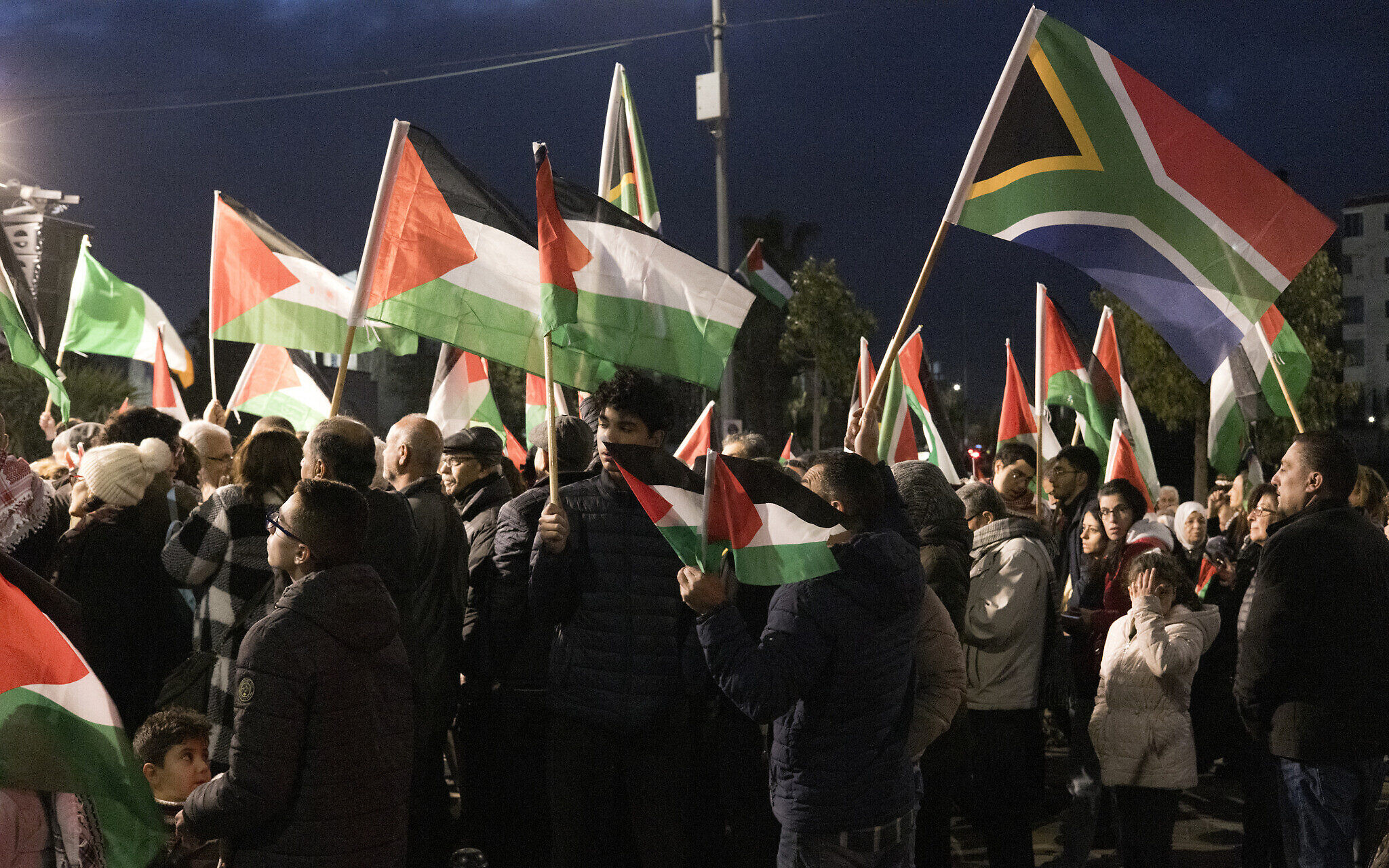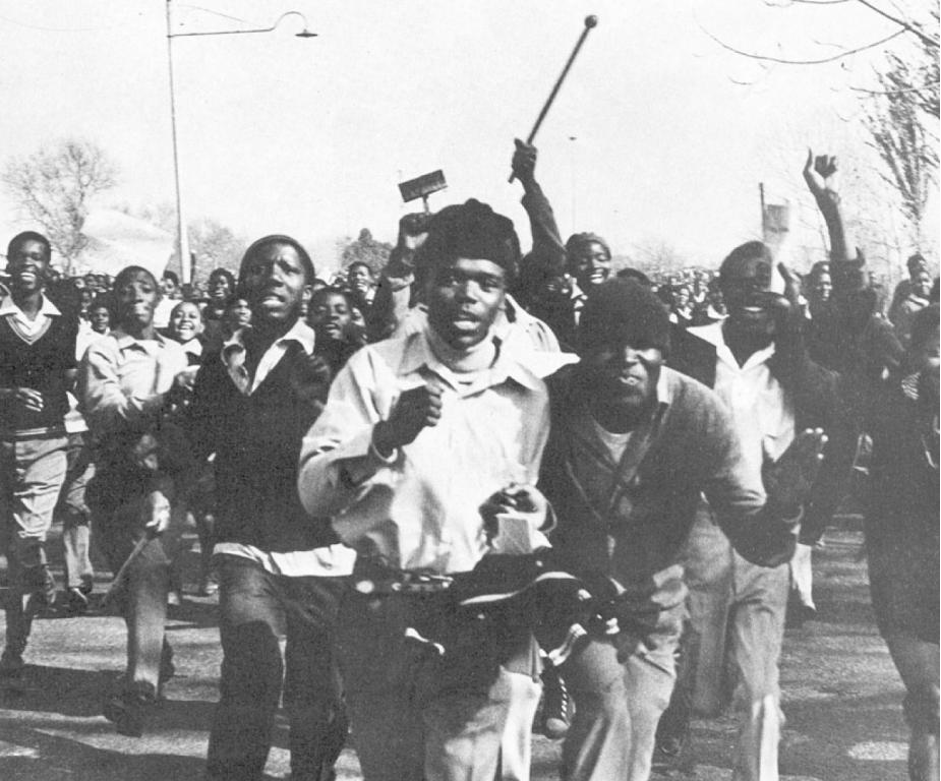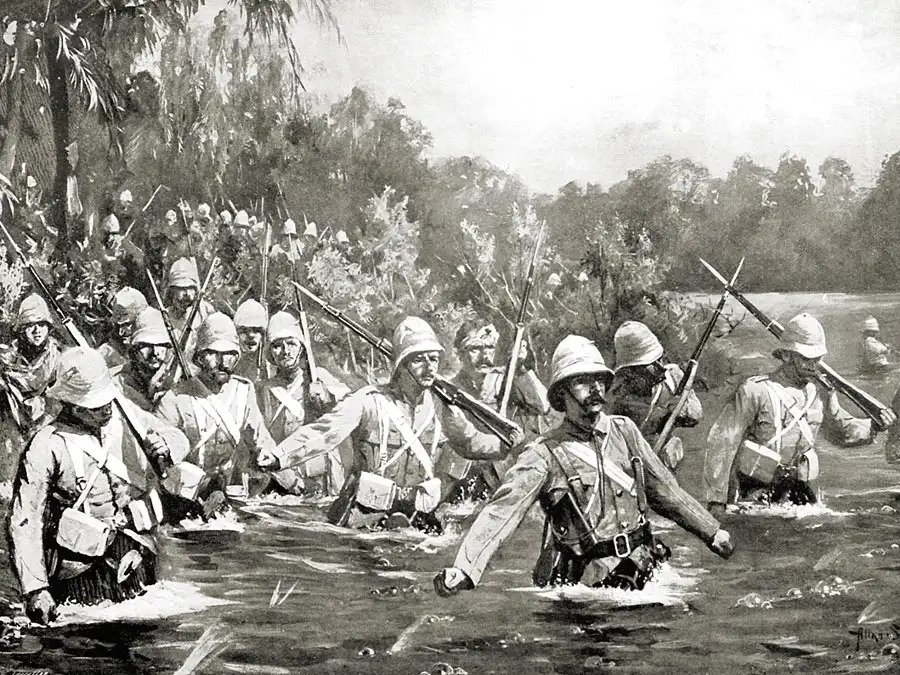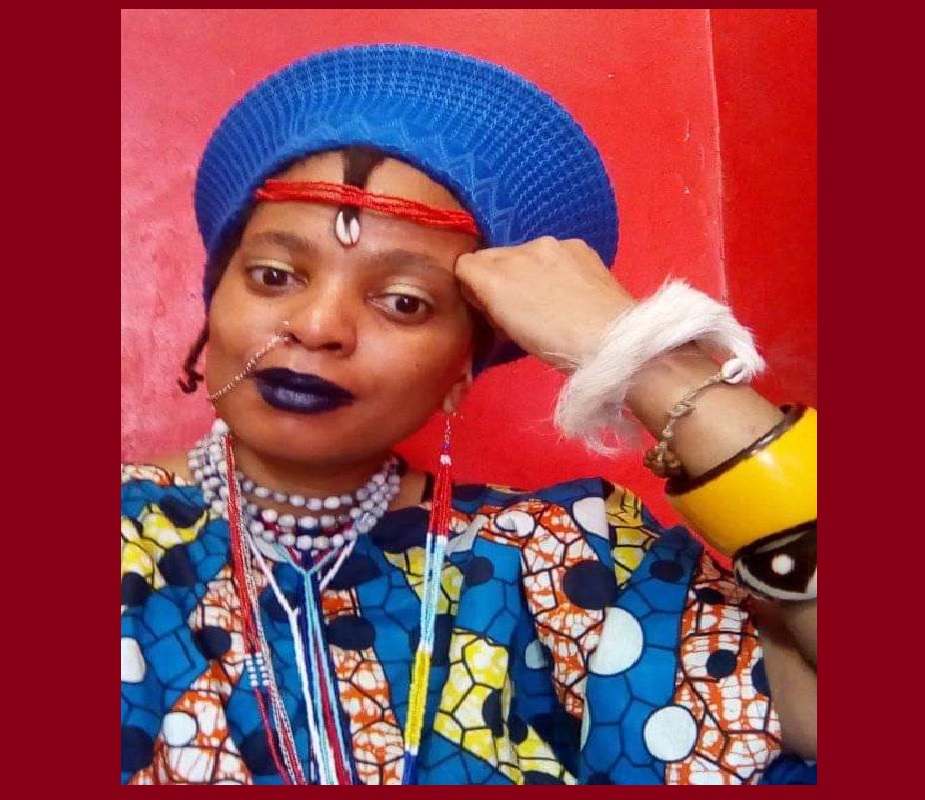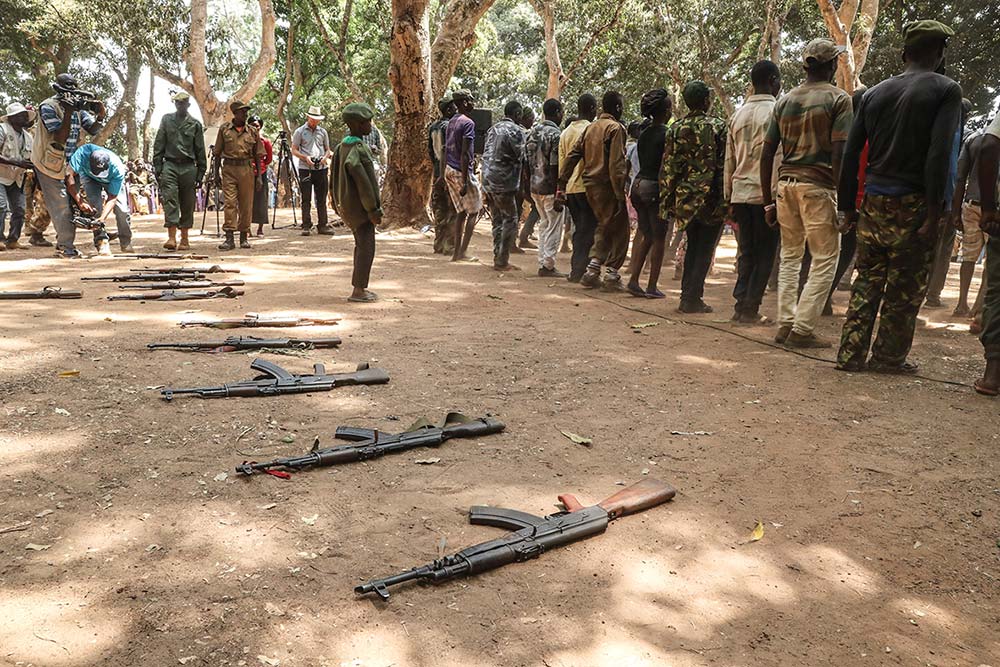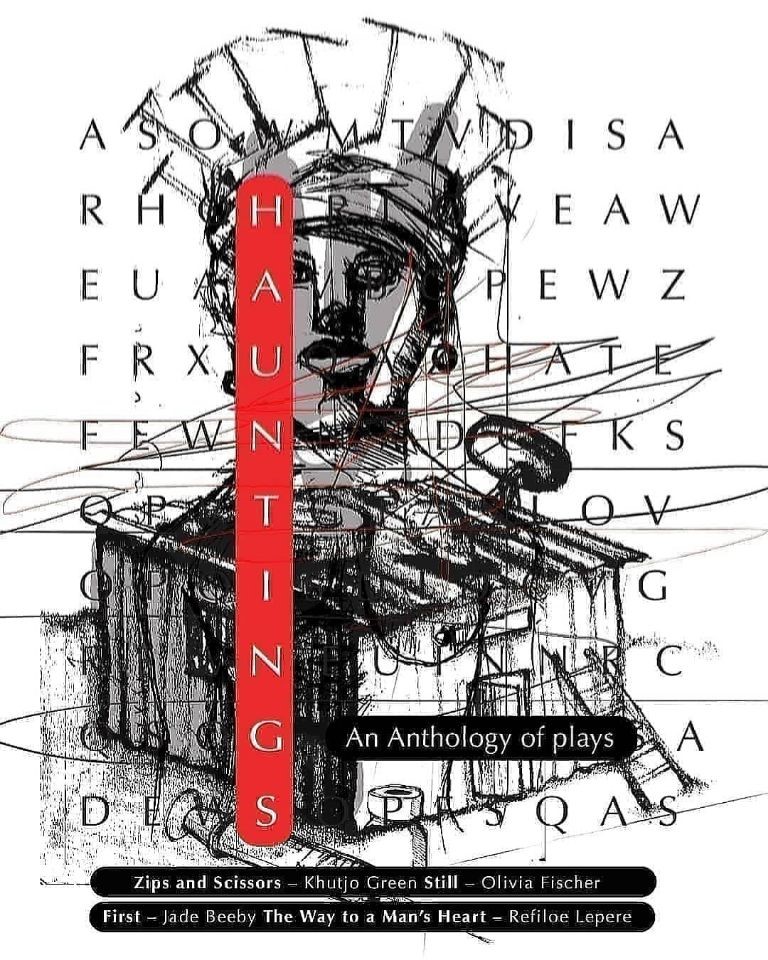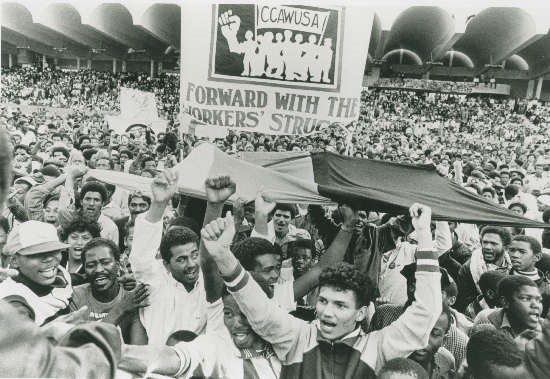“The biggest mistake the black world ever made was to assume that whoever opposed apartheid was an ally” (Steve Biko)
The ongoing war in Palestine has taken a center stage in international affairs. This is partly due to the recent South African legal team’s submission to the so-called International Court of Justice. Since the legal submission numerous legal experts have expressed their opinions on the strength of the case made by the legal team. Underlying the legal submission is of course the politics of solidarity which South Africa is extending to the Palestinians in their conflict with Israeli invasion of their land. The figure of Nelson Mandela and the struggle against Apartheid are the usuals symbols which undergird South Africa’s solidarity with Palestine. This is not to suggest that the whole of South Africa is enthusiastic about taking the side of the Palestinians in this ongoing war. This is not surprising since they will always be those who side with Israel like the Biden Administration and those who side with Palestinians. It would be interesting to investigate in the light of Mahmood Mamdani’s work the question, how and why do victims become perpetrators? But given the hegemony of Zionism, one is likely to be accused of anti-Semitism which is usually weaponised against radical critiques of Jews.
Solidarity with the Palestinians and the Jews is inevitably grounded in a particular ideology endorsed. Imperialism, Zionism, humanitarianism, humanism and Third Worldism are some of the ideologies which are relied upon to exhibit solidarity. Blackness and antiracism are also utilised by other so-called black South Africans to register their solidarity with the Palestinians. Given the theoretical intervention of Afro-pessimism through the likes of Frank Wilderson, the uncritical reliance on blackness by some blacks in South Africa is problematic. Wilderson in his book called Afropessimism (2020) argues among other things that the libidinal economy of humans and non-blacks such as Arabs in Palestine is characterised by anti-blackness. Relying on Lacanian psycho-analysis and Semiosis, Wilderson posits that the collective unconscious of the humans and non-blacks is saturated with anti-blackness. The theoretical intervention of Afropessimism is aimed at among other things the radical critique of coalition/solidarity politics. While whites and other non-blacks are human, black people (African Americans and Africans) are excluded from the category of the human. In terms of the categories of Afropessimism, the so-called black South Africans are not human and embody the figure of the slave. The opposite of this figure is the human and non-blacks such as some Palestinians. According to Wilderson the humans and non-blacks like Arabs attain their psychic coherence and health on the back of their anti-blackness against black people who are reduced to slaves. In fact, according to Wilderson the historical timeline of the reduction of Africans to blacks as slaves begins with the Arab conquest of Africa in 639 AD. It is in this sense that there is a distinction between anti-blackness and white supremacy. While Zionism is a manifestation of white supremacy against Palestinians, Arabs as victims of this white supremacy are anti-black towards Africans. In the light of Afropessimism, the solidarity shown by many Africans in South Africa to the Arab Palestinians is problematic. While Afropessimism is problematic, its critique of solidarity/coalition politics is relevant in this case.
The continuing war in Palestine is rooted in what Patrick Wolfe calls settler colonialism. According to Wolfe in Traces of History(2016), settler colonialism is fundamentally characterised by genocide based on the “grammar of race”. At its core, settler colonialism is centred on land dispossession of its victims. Dominant discourse about the nature of the Israeli invasion of Palestine especially from the South African quarters, foregrounds the notion of Apartheid. This is not surprising because the ANC and its Congress tradition allies excel in the fetishization of Apartheid and the fallacy of colonialism of a special type. The latter is of course not special since South Africa is a typical settler colony.
The solidarity with Palestine is informed by the fallacious idea that the Palestinians are victims of Apartheid just as black South Africans were subjected to Apartheid. What this dishonest and misguided emphasis on Apartheid does is that it marginalises the idea of South Africa as a settler colony. Settler colonialism is neglected in this misleading discourse of Apartheid. It is in this sense that the “silencing of settler colonialism” at home is replicated outside South Africa in the name of solidarity. Wolfe was clear that the case of Palestine is one of settler colonialism. Poqo revolutionaries also emphasised the fact that the case of South Africa is one of settler colonialism hence the slogan “one settler, one bullet”.
Apartheid is just a regime while settler colonialism is the totality of white power/supremacy in the form of conquest and land dispossession. This is why settler colonialism preceded Apartheid and is enjoying its “afterlife” in the so-called post-Apartheid South Africa. In other words, settler colonialism began in 1652 and continues beyond 1994 in South Africa. Since South Africa is not an exception to the structure and logic of settler colonialism just like Palestine, why is South Africa getting involved in another settler colonialism? The hypocrisy of South Africa is similar to how the United States during the Cold War practiced Jim Crow against African Americans at home while it criticised Russia’s violation of human rights. The United States also happens to be another settler colony. The Indigenous people in South Africa are dying daily as victims of the structural violence of settler colonialism since 1652. The historic injustice of land dispossession is still not resolved. Just like Palestinians, the Indigenous people who were conquered in wars of colonisation must fight for their national self-determination and sovereignty. The so-called black South Africans must show solidarity first among themselves against settler colonialism at home. It is foolish to be against settlers in a foreign country while accepting them at home.
Masilo Lepuru
A Researcher and founding director of the Institute for Kemetic and Marcus Garvey Studies (IKMGS).

